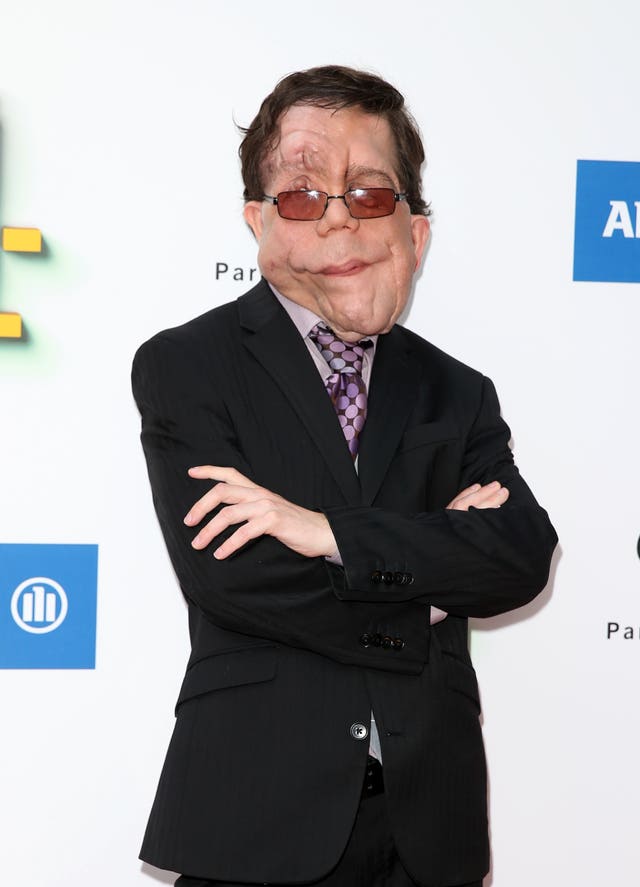BFI launches campaign to improve industry treatment of disabled people
Employees are being urged to commit to a number of measures including responsible recruitment.

The British Film Institute (BFI) has launched a campaign calling on the screen industry to improve its treatment of disabled talent behind and in front of the camera.
Its Disability Screen Advisory Group created the idea in the hope of using the coronavirus pandemic as a chance to reset practices and create a more inclusive approach.
The short film and digital initiative, called Press Reset, urges employers to recruit responsibly, engage with the deaf and disabled communities and set targets for paid job opportunities.
The industry is also being asked to commit to equal pay, think about access and be an advocate for deaf and disabled people.
Press Reset will screen during a panel event showcasing Rising Phoenix, a documentary about the Paralympic Games that will launch on Netflix on August 26.
The Government’s disability champion for arts and culture, Andrew Miller, said: “Before this pandemic, representation of disabled people was wholly inadequate in our industry, but solid progress towards equality was being made.
“We mustn’t allow the pandemic to risk disabled people becoming invisible in our media once again. It’s time to Press Reset.”

Presenter and campaigner Adam Pearson said: “Prior to the Covid-19 outbreak, as far as disability and inclusion was concerned, the industry was very much broken. And now we’re in the midst of Covid, the industry, it’s pretty much broken for everyone. Welcome to our world.”
Emmy award-winning film director Lindsey Dryden said: “We don’t want to go back to the way the world was before, because it wasn’t working for so many underrepresented, marginalised and incredibly talented artists.
“If you’re thinking about your bottom line, you could actively include and cater to the 13.9 million disabled people in the UK who are longing to see themselves depicted on screen and in the arts. And who would pay money to see themselves on screen and in the arts.”




